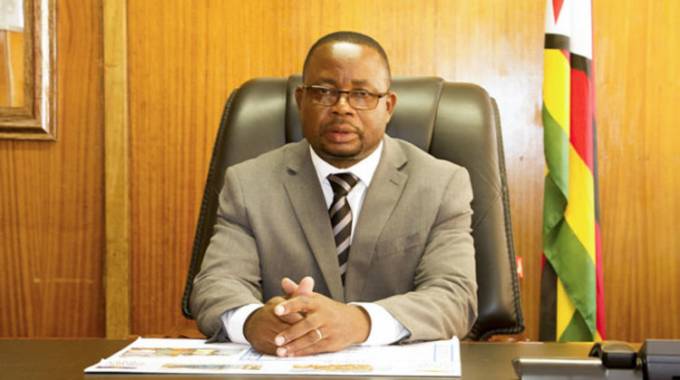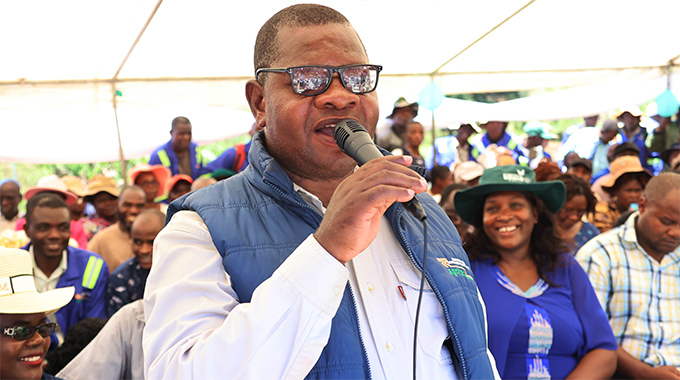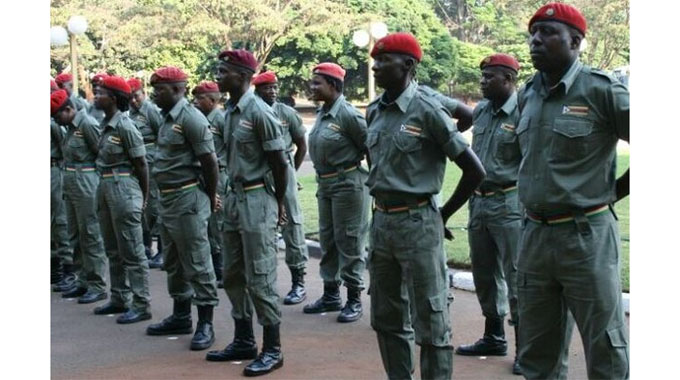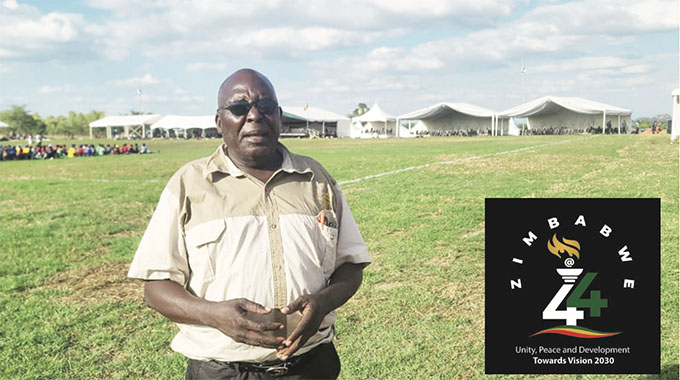Process to replace tripartite negotiation council starts

Precious Manomano and Trust Freddy
The process to replace the National Joint Negotiating Council has begin, with the planned new Collective Bargaining Chamber set to enhance meaningful social dialogue that will lead to harmony in industry, Public Service, Labour and Social Welfare Minister Professor Paul Mavima said yesterday.
The present council brings together Government, the private sector and civil society, mainly trade unions, but in a fairly ad hoc approach rather than a formal structure.
Prof Mavima was speaking at an event hosted by the Zimbabwe Teachers’ Association (Zimta) under the theme: “Advancing social dialogue during and beyond Covid-19”.
In a speech read on his behalf by chief director of labour, administration and employment promotion Mr Clifford Matorera, Prof Mavima said it was important for stakeholders to work in unison to enhance social dialogue.
Social dialogue on economic and social policies was the cornerstone of nation building as it was premised on the notion of participatory governance, where the Government, civil society and private sector worked together in determining the State’s social and economic development trajectory.
“As you may be aware, the social dialogue framework in the public sector is evolving,” said Prof Mavima. “We are in the process of creating a Collective Bargaining Chamber to replace the National Joint Negotiating Council.
“I, therefore, call upon you all to give your views on this exciting development and ensure that you contribute meaningfully to this process. The pandemic has taught us that consultations among social partners on issues of common interest create win-win situations even in the face of adversity.”
Prof Mavima reaffirmed the Government’s commitment to social dialogue to improve the conditions of service for its own workers, despite the challenging economic environment.
“Government is trying its best to ensure that civil servants get the remuneration they deserve,” he said. “Over and above the monetary benefits, Government is working on various non-monetary initiatives for the civil service and we take note of the need to involve the workers in all these processes and I assure that you will not be left out.
“Teaching is a noble profession and its status should be guarded jealously.”
Zimbabwe Teachers Union general secretary Mr Goodwill Taderera said Government’s move to expedite the replacement of the NJNC was a positive development that would ensure meaningful social dialogue.
“The NJNC was the only available platform for negotiation,” he said. “Now that the Government has indicated that they want to transform and move to the Collective Bargaining Chamber, it is indeed a welcome development and all we wish for is to move away from talk shows and promises to implementation.
Mr Taderera is also vice chairperson of the Zimbabwe Confederation of Public Sector Trade Unions.
Zimta chief executive officer Dr Sifiso Ndlovu said social dialogue was a solution for social stability and social progress.
“Social dialogues guarantee results for the purposes of enhancing the standards of living for workers in a country,” he said. “Equally, doing so improves the standards of living of the society in general. So, it is only through social dialogue that we can resolve issues where we have different points of view.”
Africa director of Education International, Dr Dennis Sinyolo, said social dialogue was crucial as it brought about industrial harmony.
“It creates an environment for quality teaching and learning,” he said. “Improving teachers’ salaries and working conditions is crucial as it enables them to focus on what they know how to do best – teach. Remember, teachers’ working conditions are children’s learning conditions.
“Therefore, the right to form and join trade unions, and to bargain collectively are fundamental human rights recognised in the Universal Declaration of Human Rights, the ILO’s Declaration on Fundamental Principles and rights at work, and several regional treaties. Zimbabwe is a signatory to these treaties.”







Comments